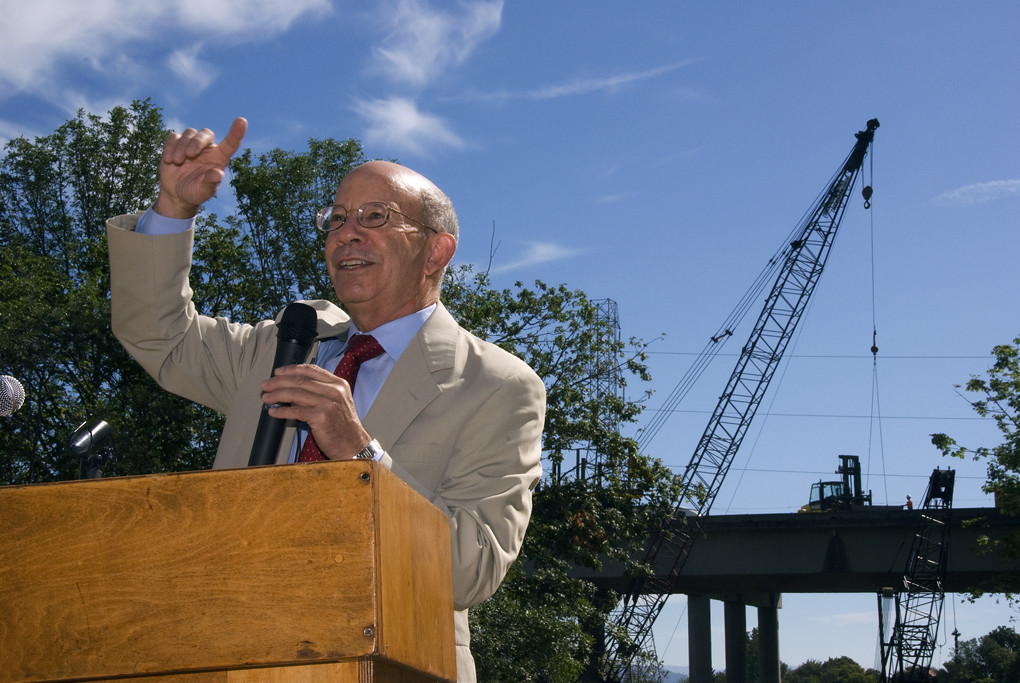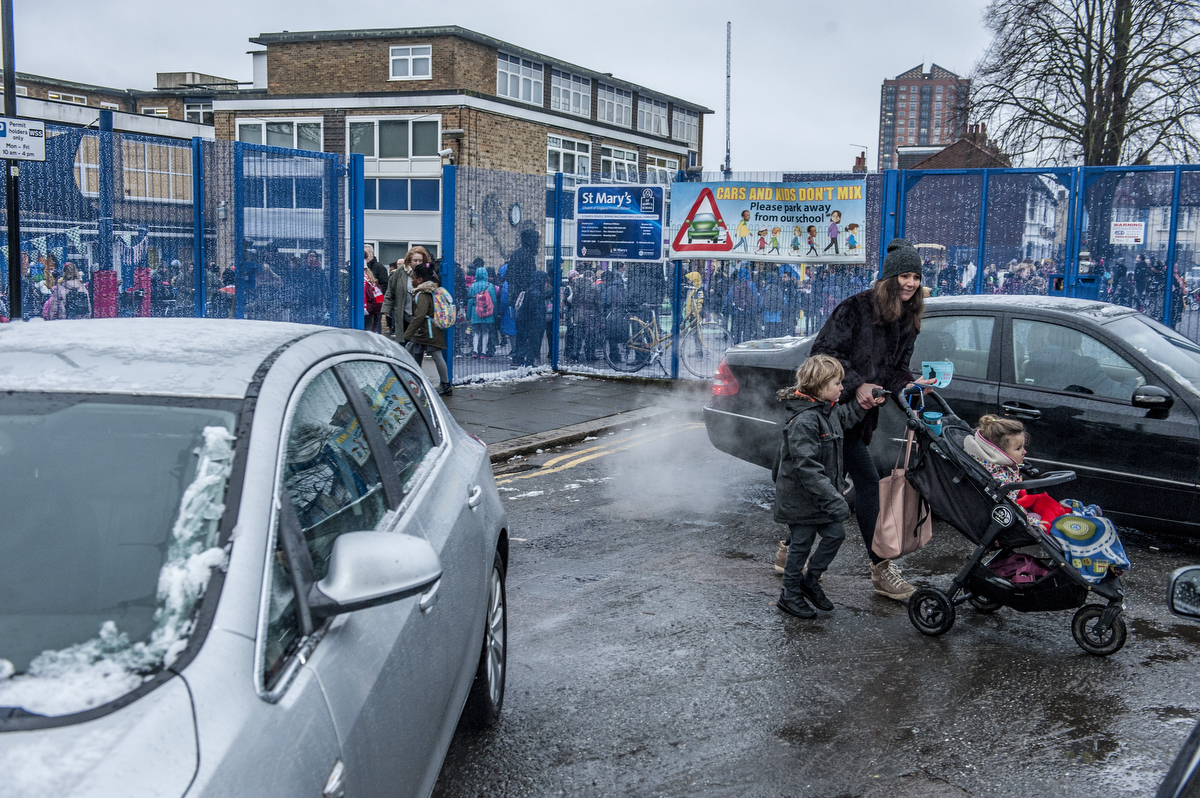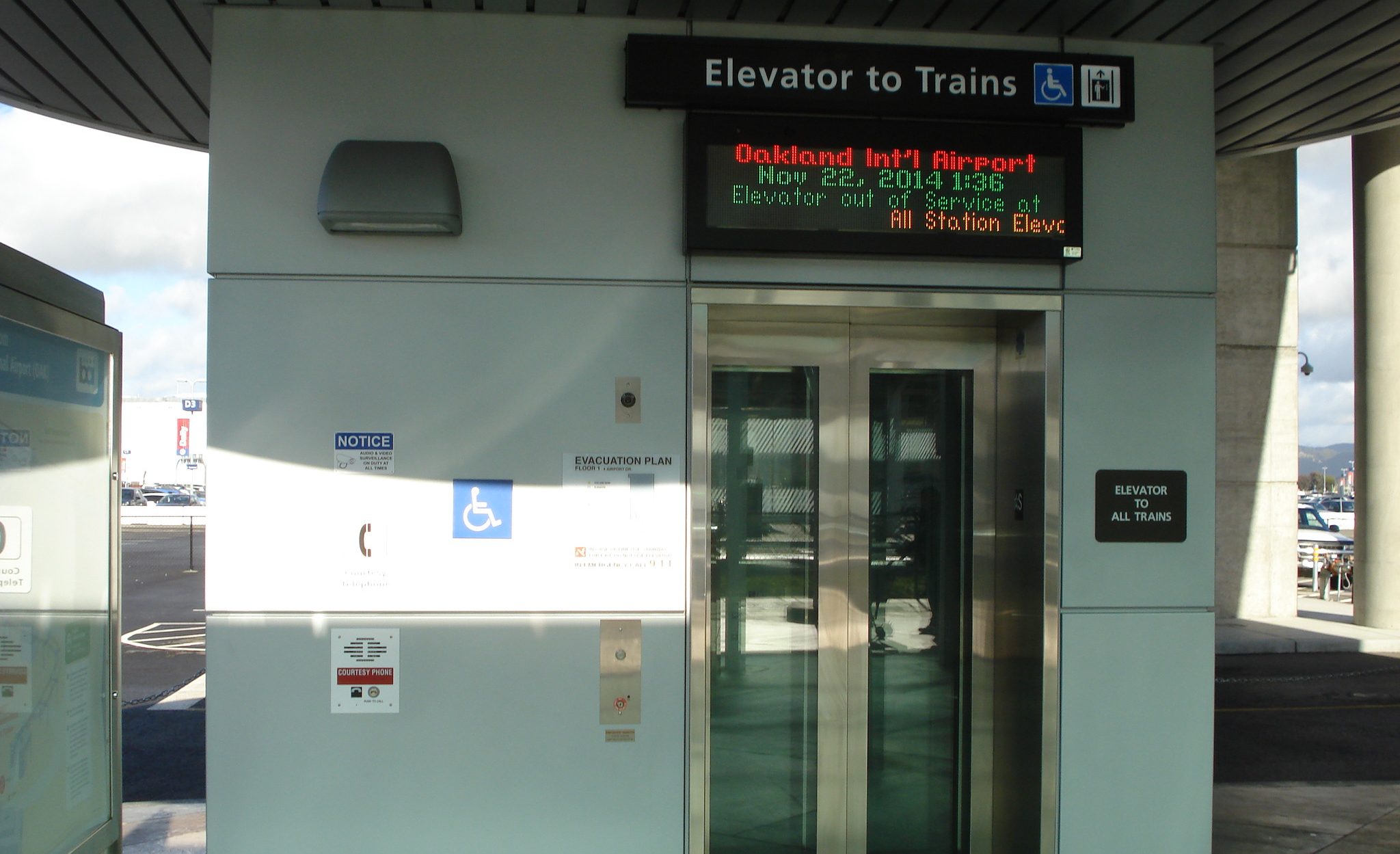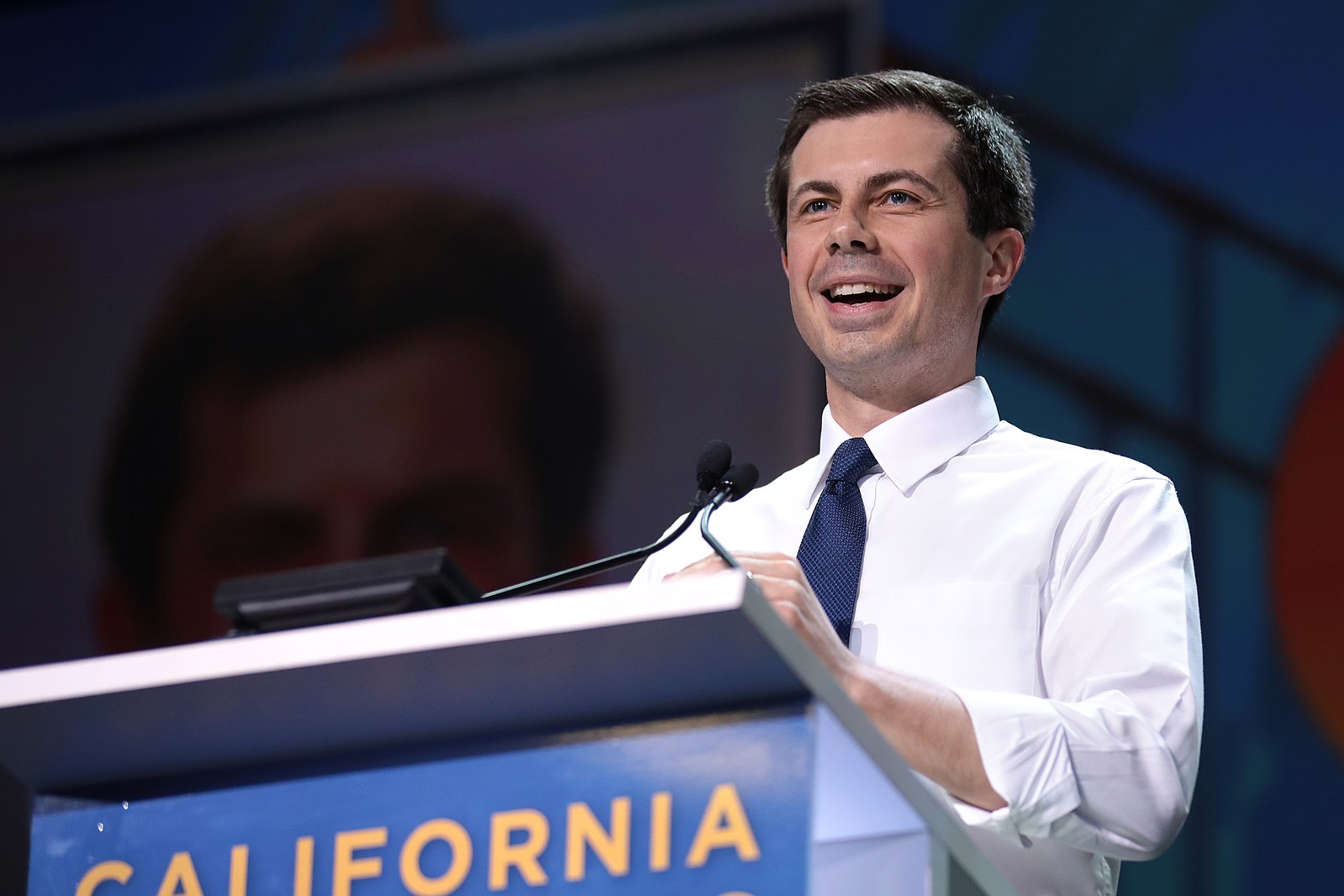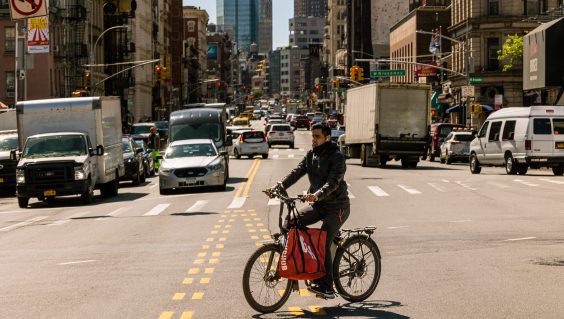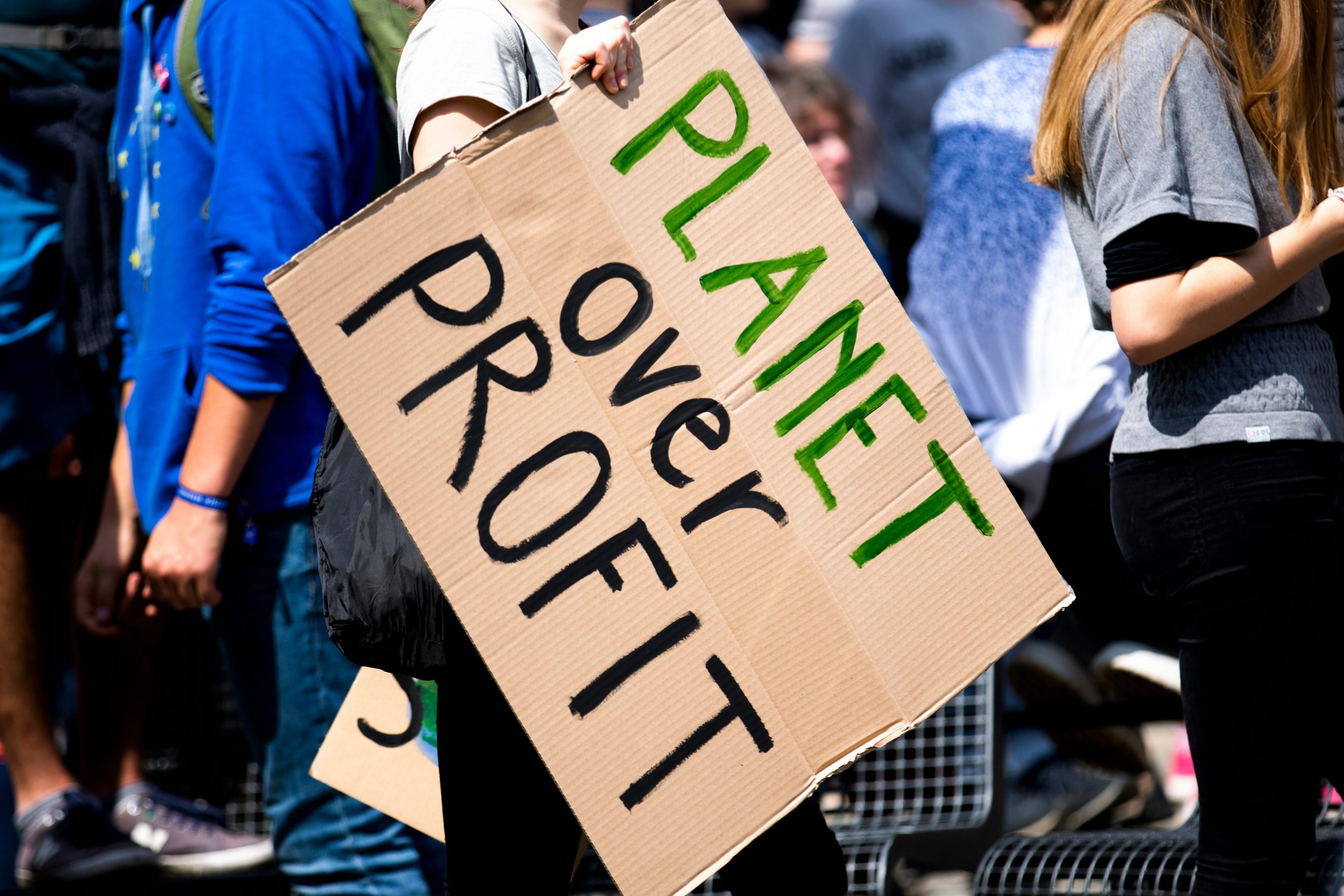House Transportation and Infrastructure Committee Chairman Peter DeFazio had invited representatives from Uber and Lyft to sit on a panel discussing the future of transportation network companies. On Monday, he learned ride hail officials declined to participate, so DeFazio used his opening remarks to lambast both companies for contributing to longer traffic delays and higher carbon emissions, grifting its drivers by classifying them as contract workers, and putting riders at risk by not running effective background checks. Other members of the committee are concerned about how many federal workers are using Uber and Lyft on the job, Politico reported. We are reprinting DeFazio's opening remarks because we feel they are worth being heard:
This hearing takes on a topic that is already having far-reaching implications on transportation and mobility in our country. It should also serve also a wake-up call to the companies that have flooded our roadways with disruptive technologies and investor capital that their days of operating with little public policy and regulatory oversight in the transportation space are coming to an end.
The transportation landscape in many cities has been upended by transportation network companies. Companies — led by Uber and Lyft — that have developed transformative technology platforms connecting riders and drivers that have revolutionized how we travel. In a very short time, many people have come to rely on these services as a regular transportation option.
The impacts of TNCs on traffic congestion are significant. Consider San Francisco where the very first Uber ride was taken in 2010: in just six years, traffic delays increased by a total of 40,000 hours while vehicle miles traveled increased by 630,000 miles. Half of these increases have been attributed to the rise of TNCs. Despite common misconceptions that ride hailing ameliorates traffic, studies show private and even shared TNC rides add more congestion and more emissions, not less.
How these new technologies are integrated into our existing systems, and what rules TNCs must follow, must be carefully crafted to ensure that these services are a truly good option. Lawmakers at the federal, state, and local level need to think far beyond just whether this new service gets people from point A to point B. What this new business model means for public safety, jobs, emissions, transit service, and other factors must also be at the center of any policy decisions to allow these companies access to our infrastructure.
For that reason, I invited representatives from Uber and Lyft to testify today so that we can start this discussion. Their failure to appear at this hearing is a telling sign that they would rather suffer a public lashing than answer questions on the record about their operations.
Perhaps they don’t want to talk about their public safety problems. I am grateful to Representatives Smith and Suozzi for starting off this hearing with statements on their ideas to improve the safety of ride hailing services. I have been focused on the potential dangers of pairing passengers with poorly vetted drivers for years. In June 2015, I wrote to then-Uber CEO Travis Kalanick urging the company to conduct fingerprint-based background checks. Four years later, the process Uber and Lyft use to vet drivers is woefully inadequate leaving passengers vulnerable and at risk for harassment or assault.
In my district, a dozen applicants with serious criminal convictions, including a convicted murderer and a registered sex offender, were cleared through Uber and Lyft’s screening process and allowed to drive passengers. It wasn’t until the local police department performed their own, more comprehensive background checks that the drivers’ criminal records were discovered, and they were removed from service.
Or, perhaps they don’t want to talk about what their model is doing to drive down wages and turn our transportation workforce from a skilled, trained pool of workers earning living wages to another casualty of the gig economy. The tenuous existence of Uber and Lyft is literally fueled by millions of independent contractors who see their take home pay reduced drastically — below minimum wage in some states — as they are made to pay fees collected by the company, self-employment taxes, and costs associated with operating and maintaining their vehicles.
Or it may just be a general hostility toward transparency. Uber and Lyft don’t make information about their process for deactivating dangerous drivers public. They don’t share data on the prevalence of assaults on their platforms. They don’t reveal details on how drivers are paid. What we do know is that both these companies are struggling since going public.
Uber posted more than $5 billion in losses in the second quarter of 2019, while Lyft reported $650 million in losses - despite paying low wages and pushing all vehicle costs off on drivers and hiring just about anyone they can find. Clearly, this business model is not sustainable.
At the same time, these companies have asked the Committee on Transportation and Infrastructure to consider subsidizing their operations if they partner with transit agencies and local governments to provide connecting service to existing public transportation. In surface transportation reauthorization, the Committee will certainly evaluate how to incentivize greater transportation options. Overcoming our congestion and mobility challenges, particularly in urban areas, will require some innovative solutions. However, this hearing should put TNCs on notice that for their long-term survival, and for any hope of ever partnering with agencies who utilize federal funds, they are going to have to clean up their acts.
